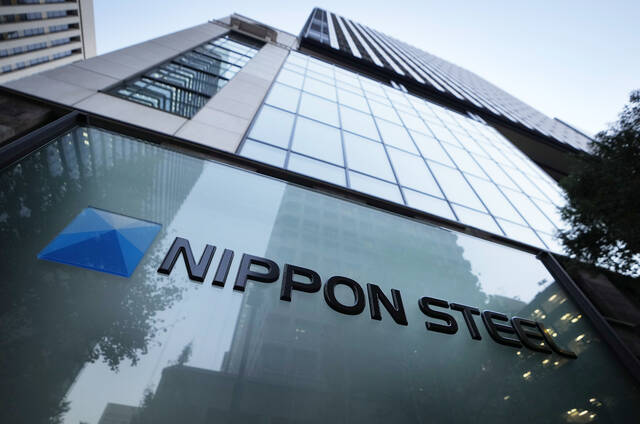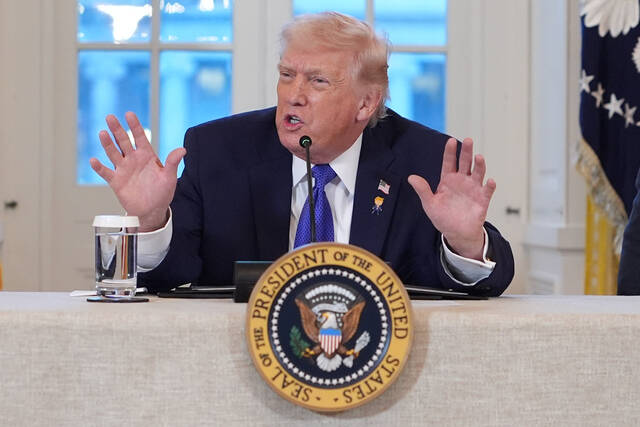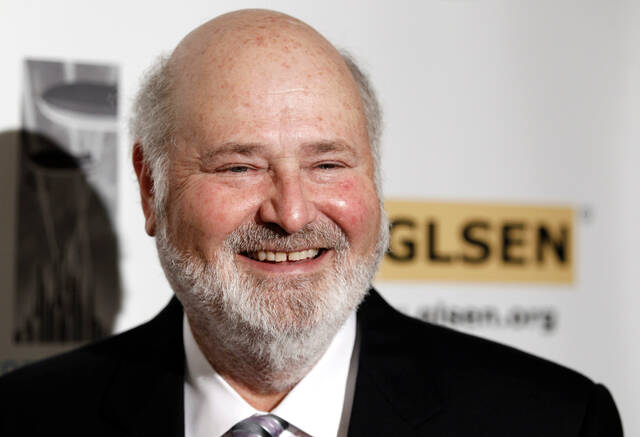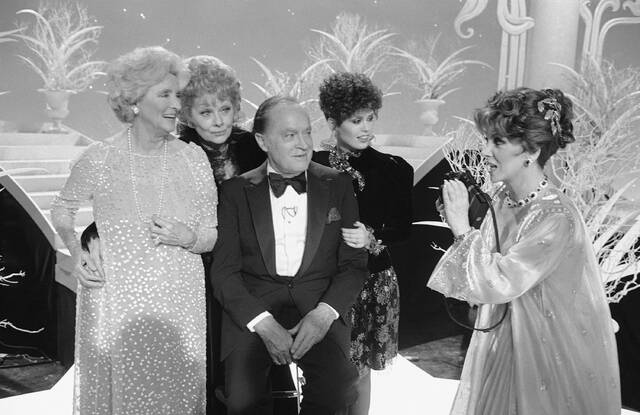What do Republican senators J.D. Vance, Josh Hawley and Marco Rubio and Democratic senators John Fetterman, Sherrod Brown and Joe Manchin have in common? They’re part of the strong bipartisan opposition to Japan’s Nippon Steel’s acquisition of U.S. Steel. Expect that opposition to grow larger and louder.
In my previous column, I wrote about the historical cultural shock of the Nippon-U.S. Steel deal. As someone born in Pittsburgh and raised in this area in the ’70s and ’80s, with roots and relatives in the industry, the idea of Japan’s top steel producer buying U.S. Steel would have once been a tremendous shock to this region. I quoted an older friend, David, who literally evoked memories of Pearl Harbor. David and I were both struck by the somewhat subdued “who cares?” attitude of many locals to this big news.
That column made no mention of the bipartisan opposition to the deal. That opposition is intense. One wonders if it could torpedo the whole thing.
Immediately after U.S. Steel announced the acquisition, Vance, Hawley and Rubio fired off a letter to Biden Treasury Secretary Janet Yellen warning of the deal’s “dire implications for the industrial base of the United States” and threat to U.S. national security.
Fetterman likewise has been out in front.
“It’s absolutely outrageous that U.S. Steel has agreed to sell themselves to a foreign company,” said Fetterman. “I am committed to doing anything I can do … to block this foreign sale.”
Manchin called it “a major blow to the American steel industry” and vowed to do “everything we can to prevent” it.
Well, now add to the opposition presidential candidate Robert F. Kennedy Jr. Writing in Newsweek, Kennedy says the deal “requires vigorous and unambiguous opposition.” He said flatly, “I am opposed to the sale,” which he claimed was “struck behind closed doors without the participation of the United Steelworkers of America.”
Kennedy’s voice portends something significant: Remember, this is a presidential election year. That timing couldn’t be worse for Nippon Steel. Pennsylvania is the swing state of swing states. President Biden will campaign here, his home state, and former President Donald Trump, who has strong appeal to Pennsylvania blue-collar voters, no doubt is planning huge rallies. Neither Biden nor Trump can remain neutral on this deal.
A lot of steelworkers voted for Trump in 2016 and 2020. As president, he gave them the tariffs they couldn’t get from Democratic or Republican presidents. Their union dubs the Nippon deal “greedy” and “shortsighted.”
One doesn’t see bipartisanship often, but it’s happening here. The question is whether that opposition can stop the deal.
The senators are certainly trying. Vance, Hawley and Rubio told Yellen, who chairs the Committee on Foreign Investment in the United States, the federal agency that reviews foreign transactions of U.S. companies to determine whether they harm national security, that the committee “can and should block the acquisition of U.S. Steel by NSC.” Included as members of CFIUS are the secretaries of the Departments of Defense, Homeland Security, Justice and State.
Those are major players, and that’s Biden’s agency, in a year when Biden badly needs Pennsylvania votes. Will Biden’s agency try to stop the Nippon acquisition?
The politics are going to be intense. U.S. Steel’s decision is more explosive than surely it realized.








